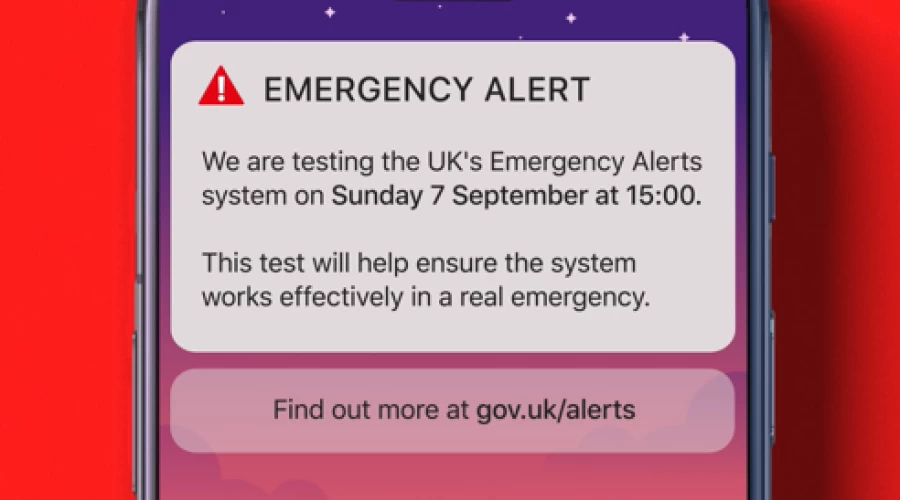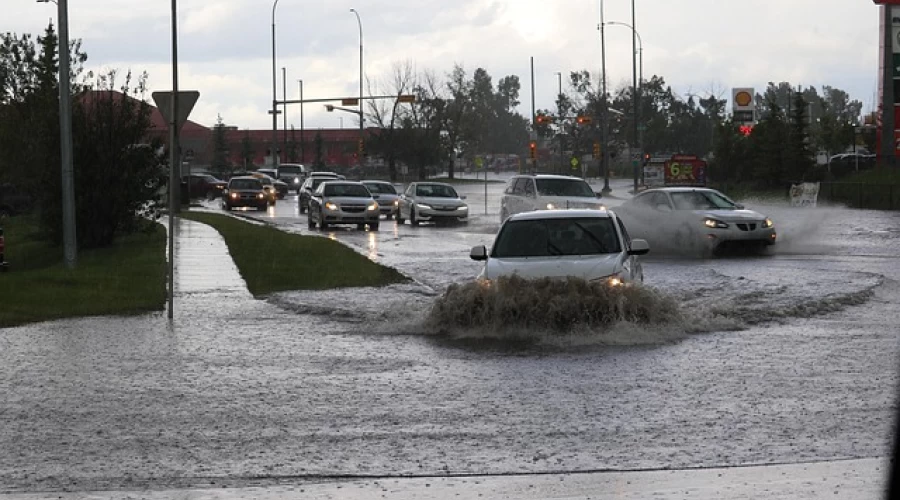Preparing for a Flood
This article contains information & advice regarding risks that do not appear on the Risk Register.

What is a flood plan?
Being the victim of flooding is simply terrible, and something many people do not wish to contemplate. However, history demonstrates that flooding is a reality that is exacerbated through climate change.
Flood plans are probably what you expect them to be, they are a plan to support you in case of flooding. They allow you to consider the scenario and decide the best course of action should it occur. Flooding can often be predicted, however, on occasions it occurs with very short notice and can be completely unexpected. Therefore, having a plan in place can be the best way to protect yourself, family, friends, pets, and your community along with your property and possessions.
What can I do?
There are several types of flood plan, these are:
- Personal
- Community
- Business
Example templates of each flood plan can be found here (Prepare for flooding: Protect yourself from future flooding - GOV.UK (www.gov.uk)).
Community plans are often written by a geographic community (e.g. parish/town) or a particular group that might be affected. To check what your community has in place take a look at our map. If your community doesn’t have a plan and you want to get involved, please let us know using the details on the contact us page.
Personal and Business plans are similar in that they are something you will need to do with those close to you (family/employees). Many properties are at risk or flooding of one type or another (link to flood risk) and it is important you understand what type of flooding might affect you so you know how to plan for it. In general, some principles work for all flood plans, these include:
- Knowing what triggers your plan (possibly weather updates)
- Keeping the plan safe and easy to find
- Explaining the plan to family and employees
- Knowing where to and how to move furniture should a flood occur/be forecast
Be aware of the risks to you!
Flood Codes
There are three types of flood warning codes; Flood Alerts, Flood Warnings and Severe Flood Warnings. its important to understand these to know the level of risk in your area.
Related News

Emergency Alert Test - Sunday, 7 September at 15:00
>1m read
Emergency Alert Test - Sunday, 7 September at 15:00
What to put in a flood plan?
Triggers for activation
This is to let you know when to activate the plan. A trigger might be a river flood warning, you can sign up for these online here; Sign up for flood warnings - GOV.UK (www.gov.uk)
However as stated above, these are only for river flood warnings, and therefore it might be useful to also sign up for additional flood warnings (covering different types of flooding) Check for flooding - GOV.UK (www.gov.uk)
Contacts
It’s always helpful to have a list of those most important contacts in an emergency. It’s surprisingly easy to forget what utility provider we are registered with, who is our insurance provider and what is our GP’s telephone number. Writing this down together with contact details and policy number can be really helpful. Additionally, it is useful to know the local council’s contact number alongside our pets’ veterinary contact details.
Actions to take
So, what are you actually going to do in a flood? There can be a number of different things, including:
- turning off utilities (gas, water and electricity),
- moving valuable and sentimental items to higher ground/level,
- deploying any property defences (flood gates, sandbags etc)
- notifying family/friends or employees/deliveries
- move animals and livestock to safety
Downloads
Flood Action guide
Check out and download the Flood Action guide put together by our Local Environment Agency



